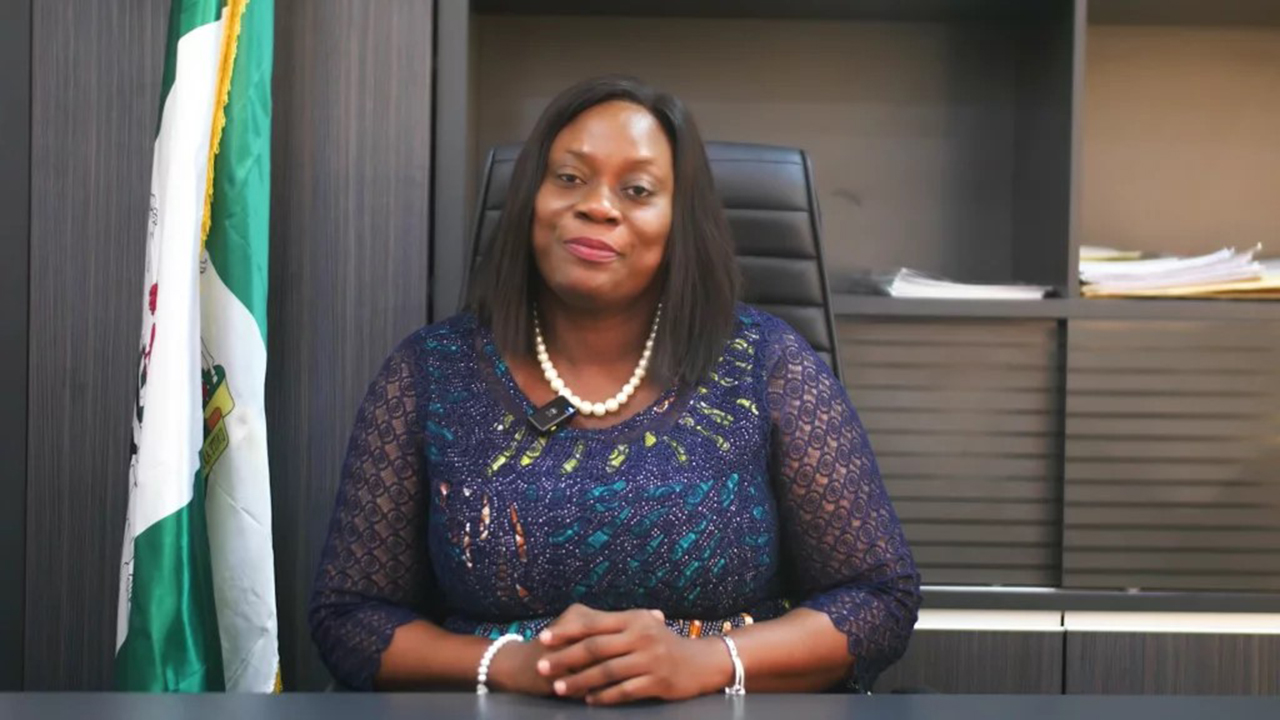
The World Health Organization (WHO) Country Representative to Nigeria, Dr. Walter Kazadi Mulombo, has said that the Sustainable Development Goals (SDGs) targets are currently in jeopardy due to the economic crisis, climate change, multiple emergencies, and the global economic downturn following the negative impact of the COVID-19 pandemic.
He said that only 17 percent of the SDG healthcare targets are on track, while the rest are at serious risk, adding that the 2030 deadline may be extended.
Speaking at a two-day training organised by the WHO for journalists in Abuja, Mulombo observed that the SDG targets, particularly universal health care, zero hunger, zero poverty, and clean energy, among others, are seriously at risk and stressed the need to accelerate actions toward achieving the SDGs and the Universal Health Coverage (UHC).
Mulombo noted that Nigeria must move beyond pilot projects and focus on implementation and delivering large-scale, quality healthcare solutions.
He said, “Nigeria, as a member state of WHO, has endorsed health emergency preparedness response. The world has changed, and we have a Sustainable Development Goals target. The SDG targets are in jeopardy due to the economic downturn, climate change, and multiple emergencies that require prompt action to achieve the SDGs.”
Mulombo observed that the summit of the future has endorsed a roadmap with strategies to accelerate the SDGs, but if we continue at the current pace, we may not reach the goals.
“It’s no longer time for pilot projects. It’s time for implementation, quality, scale, and speed if we are to reach there,” he added.
He noted that the WHO is rethinking the strategies to support Nigeria in accelerating the attainment of the SDGs, adding that a whole-of-government approach is required.
Mulombo noted that Nigeria’s ranking as 187th out of 191 countries in healthcare performance is an issue of serious concern and stressed the need to address the problems of inadequate funding, poorly trained healthcare personnel, and high costs of services in the country.
He stated that the media has a critical role to play in the journey, especially in countering misinformation and disinformation and reporting with a sense of responsibility, as the population relies on the media to get reliable information.
Mulombo, who noted the importance of ensuring that children are vaccinated against childhood diseases, said, “Vaccination is a human right, and denying children access to vaccination is a human rights violation. Children dying of vaccine-preventable diseases is a human rights violation.”
He called on journalists to collaborate with healthcare experts to ensure accurate information reaches the public, especially in light of global challenges like COVID-19, climate change, and economic downturns.
The WHO representative reaffirmed WHO’s support for Nigerian journalists, praising their resilience and encouraging them to maintain ethical and evidence-based reporting as Nigeria navigates its healthcare challenges.






